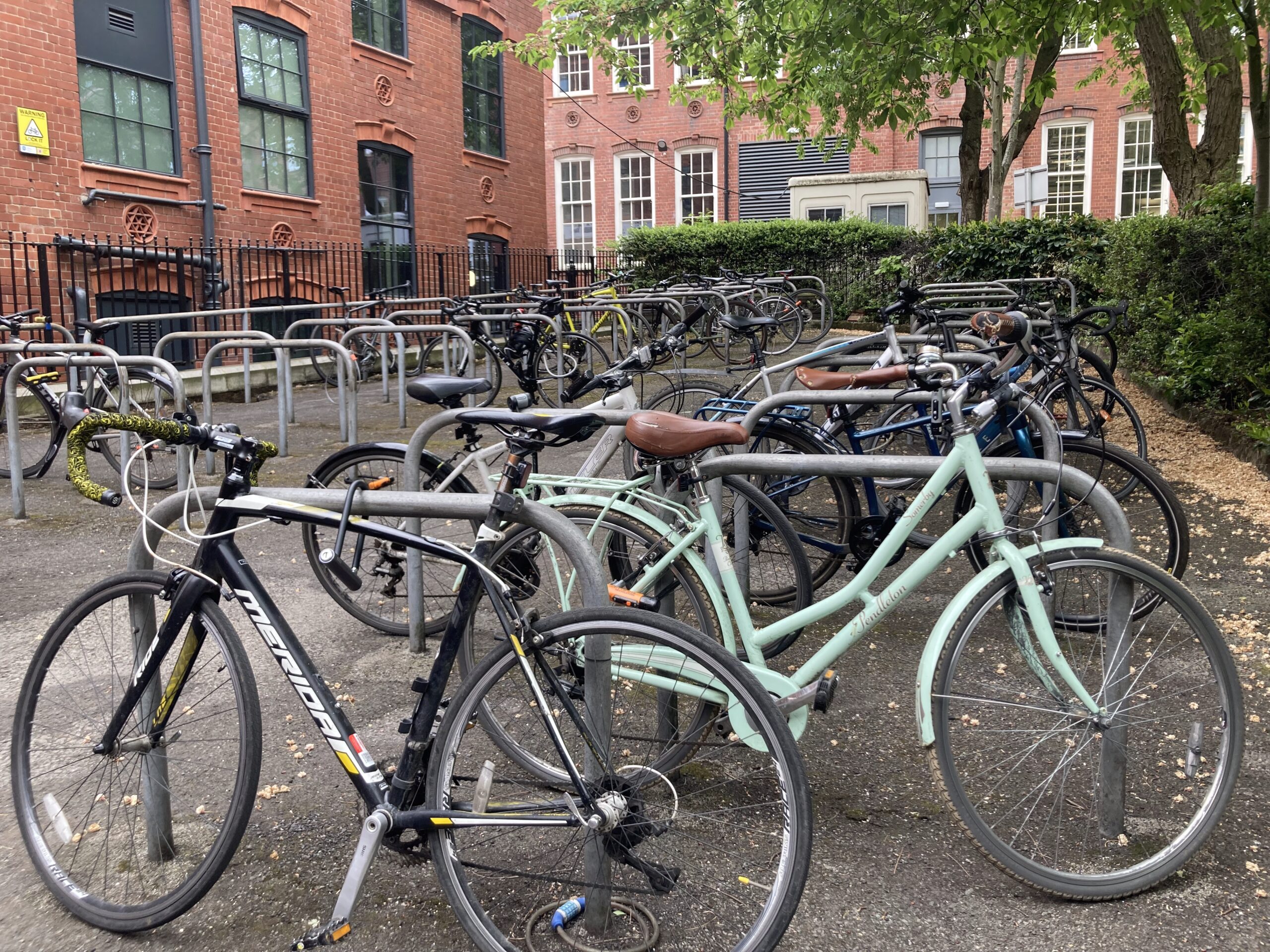A plan has been approved to improve people’s personal lives, alongside creating a cleaner, safer Sheffield for all generations.
The Sheffield Walking, Wheeling and Cycling Investment Plan (WWCIP), arising from the 2024 Transport Vision, was approved by Sheffield City Council in the Transport, Regeneration and Climate Policy Committee, 30 April.
Cate Jockel, Principal Transport Planner, said: “It’s an ambitious plan which sets out the council’s ambition to develop high quality, city-wide networks for walking, wheeling and cycling.”
The three main priorities the WWCIP hopes to address are ‘health, growth and places’.
Sheffield as a city only has a life expectancy of 61, with a 20-year difference between Sheffield’s richest and poorest postcodes. It is hoped the plan will improve people’s physical and mental health.
Over 80% of Sheffield postcodes don’t have access to cars, so the plan aims to provide growth, giving those postcodes other means of transport and travelling.
Ed Clancy, ex-Olympic cyclist and South Yorkshire’s Active Travel Commissioner, said: “We want everyone, whether they’re three years old to 93 years old, to feel like they’re welcome to walk, wheel and cycle in their neighbourhoods.
“We want people to use high quality infrastructure to get to work, learning opportunities and make seamless links between bus, trams and trains.”
Through the WWCIP, the council will invest in various ways of making walking, wheeling and cycling journeys easier, working closely with communities to design the best solutions.
They hope to improve the layout of the street to make journeys easier, including changes like new pedestrian crossings, and better pavements and cycling routes.
Ken Woodhouse, bike mechanic and cycle trainer, said: “We definitely want to get more people cycling but it is complicated so we want to look at the best ways to do it.”
The plan is forecast to cost over £300 million, and additional funding alongside allocated grants has been requested.
Councillor Ben Miskell, Chair of the Transport, Regeneration and Climate Policy Committee, said: “It isn’t just about the infrastructure or the infrastructure for the sake of building infrastructure, really it’s about tackling transport related social exclusion.”
This WWCIP is being developed alongside similar plans from Combined Authority partners across South Yorkshire to combine into a South Yorkshire Walking, Wheeling and Cycling Strategy.




